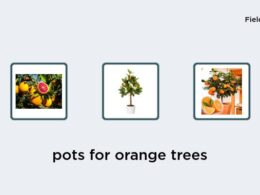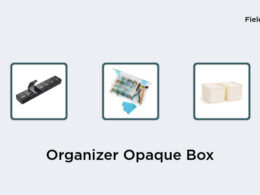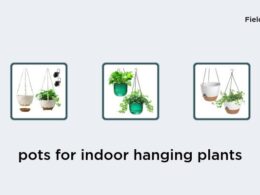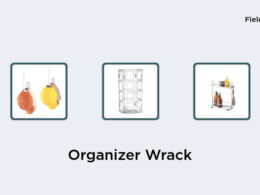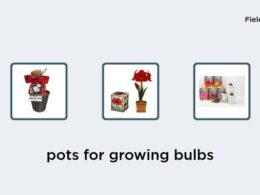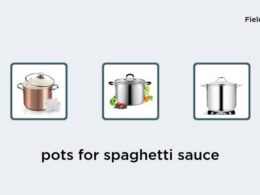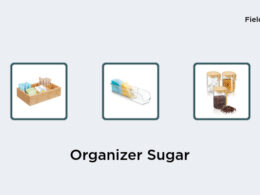When it comes to the most efficient growth of plants, hydroponics is the clear winner. Here are a few reasons why hydroponic plants grow faster than soil-grown plants:
Hydroponic plants receive a consistent and direct supply of nutrients that are dissolved in the water. This results in faster growth because the plants do not have to expend any energy to find nutrients in the soil.
In a hydroponic system, the plants have constant access to water, oxygen, and nutrients, which means that they are not subject to the stresses of drought or nutrient deficiencies that can slow growth in soil-grown plants.
Hydroponic systems can be designed to provide optimal growing conditions for the specific type of plant being grown. This level of control over the environment helps to create ideal growing conditions, resulting in faster and more consistent growth.
While soil-based gardening will always have its place, hydroponics is a great option for those looking for a faster, more efficient way to grow plants. With hydroponics, you can produce more plants in less time, making this method a popular choice for both commercial growers and hobbyists alike.







